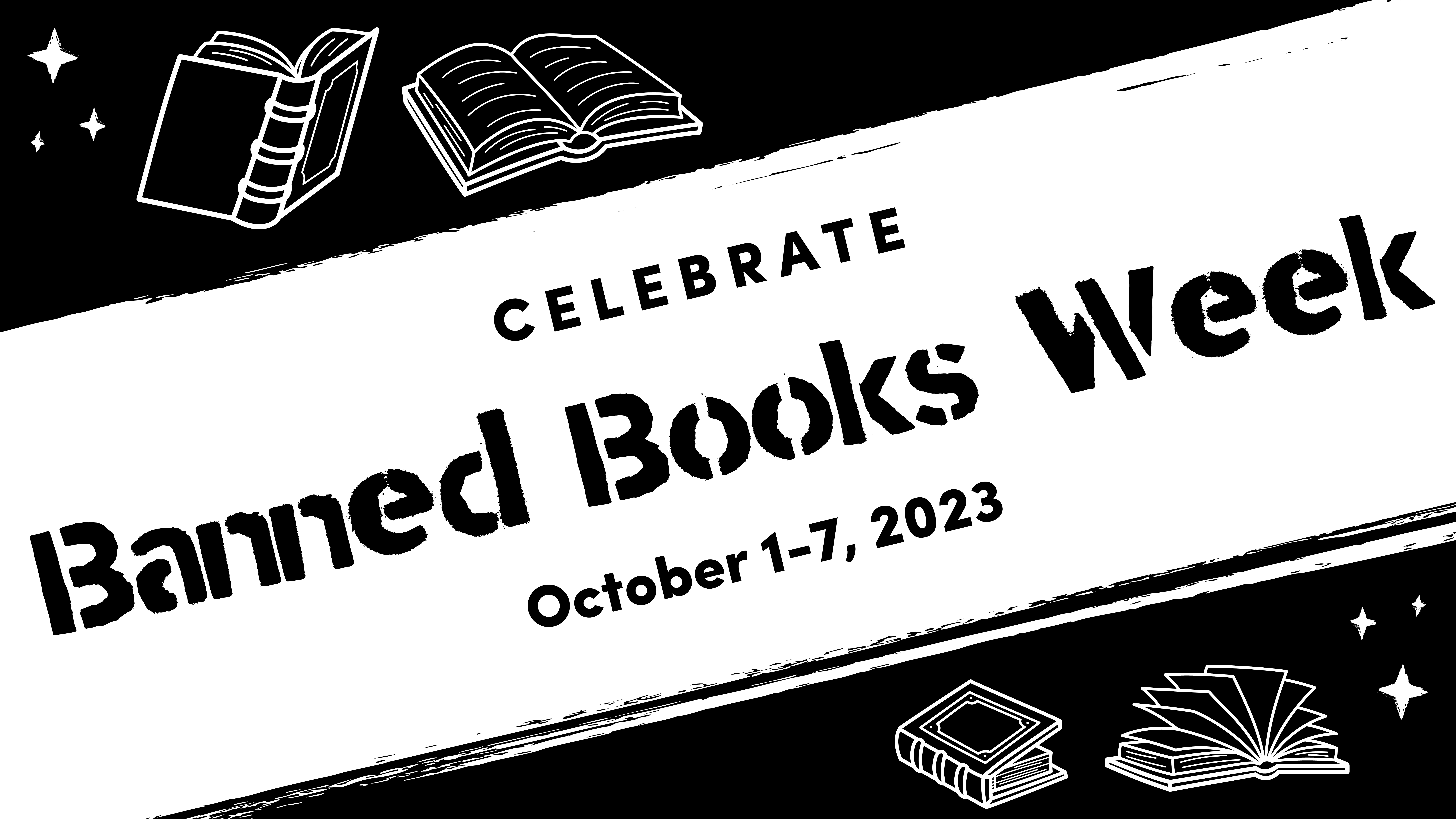
Protecting Your Right To Read
In a world where information is at our fingertips, it's easy to overlook the critical role of libraries in preserving the freedom to think, learn, and express ourselves. The First Amendment of the Constitution guarantees our right to free speech, but did you know that this also covers our freedom to access and share information?
Intellectual Freedom and Democracy
Intellectual freedom means that you have the right to seek and receive ideas freely without fear of being censored. Why does this matter in a democracy?
A democracy relies on well-informed citizens who can make decisions based on a wide range of information. In addition, intellectual freedom encourages a variety of thoughts and opinions, leading to progress and innovation.
The Role of Libraries
Libraries are centers of intellectual freedom. They offer collections of books and resources that represent diverse ideas, subjects, and topics, and make those collections available to everyone in the community, regardless of origin, age, or status. Libraries allow individuals to explore different ideas and viewpoints and formulate their own opinions. To learn more about your rights as a library user, visit the American Library Association's Bill of Rights, opens a new window.
Building Diverse Collections
At Glenview Public Library, we use a board-approved collection development policy and a detailed collection development plan to guide us in selecting books and other resources. Our librarians use this policy and plan to ensure that our collections are inclusive of everyone in our community and represent a wide range of ideas and opinions. Read more about the Glenview Public Library's collection development policy, opens a new window.
Banned Books Week
When libraries strive to build diverse collections to support intellectual freedom, collections may include content that some find controversial or offensive. It's normal to come across ideas different from what we believe in a country that values free speech. However, some people seek to censor or ban books and topics they find objectionable, making them inaccessible to others. Librarians work to combat this form of censorship by observing Banned Books Week, a week in late September or early October dedicated to raising awareness about the ongoing issue of censorship and emphasizing the importance of intellectual freedom in our communities. Learn more about Banned Books Week, opens a new window.
A Troubling Trend: Book Challenges and Censorship
Sadly, more books than ever are being challenged in our country, preventing us from reading and learning freely and going against our basic rights. Since 2020, the number of attempts to ban books has increased tenfold, reaching the highest level recorded since the American Library Association began tracking such challenges. Most of these challenges come from organized groups seeking to censor books that do not align with their values or worldviews. Find out how you can help combat this unfortunate trend with United Against Book Bans, opens a new window.
Programs
Join us on October 1st for Book Jam: A fREADom Festival, celebrating intellectual freedom and unrestricted reading together with the music of talented young musicians. Learn more about the role that libraries play in fostering an informed citizenry and supporting a healthy democracy.
Book Jam: A fREADom Festival
Sunday, October 1, 2-4 PM
Learn more about book challenges and the ongoing effort to support intellectual freedom.
Book Challenges on the Rise: Support Your Freedom to Read
Monday, October 2, 7-8 PM
Recommended Reading
Essential Works on the Power of Intellectual Freedom


Add a comment to: Celebrate Your Freedom to Read